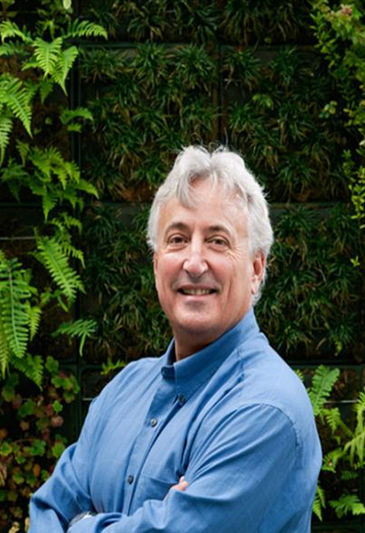国际旅游学院全体师生:
兹定于12月6日(周三)下午举办学术讲座,具体事宜通知如下:
一、主讲人:Robert Costanza(康世坦)教授
二、讲座主题:生态系统服务与可持续生态旅游
Ecosystem Services and Sustainable Ecotourism
三、讲座时间:2017年12月6日 14:00-16:00
四、讲座地点:继续教育学院8号楼302
五、参加人员:国际旅游学院老师和酒店管理专业学生
附:主讲人简介及讲座大纲
国际旅游学院
2017年11月23日

附一:Robert Costanza(康世坦)教授简介
Robert Costanza(康世坦)教授是澳大利亚国立大学克劳福德公共政策学院公共政策教授和主席,美国国家科学与环境委员会(NCSE)华盛顿区高级研究员(Senior Fellow),瑞典斯德哥尔摩应变中心高级研究员(Senior Fellow),佛蒙特大学Gund生态经济研究所附属研究员(Affiliate Fellow)。曾获凯洛格国家奖学金,生物保护协会杰出成就奖,环境保护领域皮尤(Pew)奖学金。还曾经获得肯尼斯•博尔丁纪念奖以表彰其在生态经济学领域的杰出贡献,是斯德哥尔摩大学和里昂高等师范学院的荣誉博士。
Costanza教授发表学术论文500余篇,学术著作(包括与人合著)24本。他的作品被12000余篇科学论文引用,2004年以来被评为全球ISI论文最高引用学者。《新闻周刊》、《美国新闻与世界报道》、《经济学人》、《纽约时报》、《自然》、《科学》、《国家地理》和美国国内公用无线电台对他采访和报道过250余次。
附二:讲座大纲
Ecosystem Services and Sustainable Ecotourism
Ecosystems are connected to human well-being in a number of complex ways at multiple time and space scales. In order for ecosystem services (the benefits provided to humans by ecosystems) to occur, natural capital (natural ecosystems and their products that do not require human activity to build or maintain) must interact with other forms of capital that do require human intervention to build and maintain. These include: built or manufactured capital, human capital (e.g., human labor and knowledge); and social capital (e.g., communities and cultures). The challenge of ecosystem services science (ESS) is understanding and modeling these connections, with a range of purposes including raising awareness and providing information to decision-makers to allow them to better manage our natural capital assets and design a better, more sustainable world. Cultural ecosystem services, including recreation and tourism, are among the most important. In 2014 they accounted for over $21 Trillion/yr. globally. The challenge for sustainable ecotourism is using our rapidly developing understanding of ecosystem services to design better, more sustainable landscapes at multiple scales, from local to regional to global.
生态系统服务与可持续生态旅游
生态系统在多时空维度上,以复杂的方式与人类福祉联系在一起。为了使生态系统服务(由生态系统提供给人类的益处)能够发生, 自然资本(不需要人类活动来建立或维持的自然生态系统及其产品)必须与其他形式的资本(需要人为干预来建立和维持的资本)相互作用。这些资本包括:建造或制造资本、人力资本(如人力和知识)和社会资本(如社区和文化)。生态服务系统科学(ESS)的挑战是理解和构建这些联系,通过向决策者提供信息等一系列行动,使他们能够更好地管理我们的自然资本资产,并设计一个更美好、更可持续的世界。文化生态系统服务中最重要的两项是娱乐和旅游,2014年,在全球占比(经济总量)超过21万亿美元/年。可持续生态旅游面临的挑战是:利用我们对生态服务系统快速发展的认知,在地区,区域乃至全球范围内设计更好、更可持续的景观。